
HNA flight attendants board an aircraft at Haikou Meilan International Airport in Hainan province on Friday. (PHOTO/CHINA NEWS SERVICE)
With more outbound routes back on line, carriers enlarge recruitment scale
Domestic carriers have ramped up efforts to recruit more employees to embrace the comprehensive recovery of the international travel market following the COVID-19 pandemic.
So far this year, Haikou, Hainan province-based Chinese conglomerate HNA Group has resumed more than 60 international and regional routes, and plans to resume more in the next few months under the guidance of the Civil Aviation Administration of China, the company said.
Since January, when China resumed quarantine-free international travel after nearly three years of suspension, the group began recruiting international talents to prepare for the gradual recovery of the international air travel market. HNA has more than 10 airlines affiliated with the group, including Hainan Airlines, Capital Airlines and Tianjin Airlines.
During the May Day holiday, HNA launched a set of international routes to meet the growing travel demand. The flights connect Shenzhen, Guangdong province and Paris, France; Chongqing and London, England; Beijing and Osaka, Japan; Beijing and Tokyo, Japan; Zhengzhou, Henan province and Bangkok, Thailand; and Hefei, Anhui province and Bangkok.
Gao Xiaolong, general manager of the Human Resources Department of HNA, said: "To fully prepare for the comprehensive recovery of the international air travel market, we hope to recruit more employees.
"We have increased the recruiting scale of talents internationally and will provide various positions both at home and abroad to meet the demand of international business growth. For instance, we will hire more marketing and ground service personnel at our overseas offices, and marketing and customer service employees that will be responsible for international business in China."
Owing to the challenges of the COVID-19 pandemic over the past three years, many employees who worked in the aviation sector left their positions. In 2022, the number of flight attendants working for the domestic civil aviation industry shrank by more than 3,000 compared with 2021, according to the CAAC.
"China's domestic civil aviation industry needs some new development ideas after three years of the pandemic. With an increasingly developed high-speed railway network nationwide, the air travel market needs to consider route plans and prepare to compete with high-speed trains for more customers," said Zou Jianjun, a professor at the Civil Aviation Management Institute of China.
In April, HNA signed a framework agreement with Commercial Aircraft Corp of China to purchase 60 home-developed C919 aircraft and 40 ARJ21, a regional aircraft model. HNA said that after the company introduced the new aircraft, it will launch more flights and require more staff members to provide services.
"For civil aviation safety assurance, aviation professionals must undergo strict and professional training and obtain corresponding qualifications and licenses before they can officially undertake their positions. Thus, we usually need a grace period to recruit new employees," Gao said.
Meanwhile, Shanghai-based budget carrier Spring Airlines plans to continuously introduce new aircraft this year to meet the growing travel demand. The company said it plans to recruit 700 flight attendants this year and hopes to attract graduates who are good at foreign languages as it prepares for the recovery of more international flights.
Spring Airlines said it is fully confident in the company's growth prospects, and the recruitment of new employees serves as a barometer that reflects the development of the civil aviation sector.
"Various domestic airlines have posted job positions to hire new staff members, indicating that carriers have been getting ready to reserve more talents to expand operations," said Xiao Fei, assistant to the general manager of the Human Resources Department at Spring Airlines.
"We would like to hire more employees to prepare for further business growth during the 14th Five-Year Plan (2021-25) period," Xiao said.

















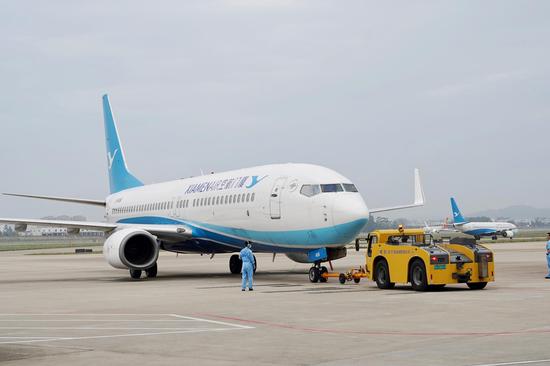
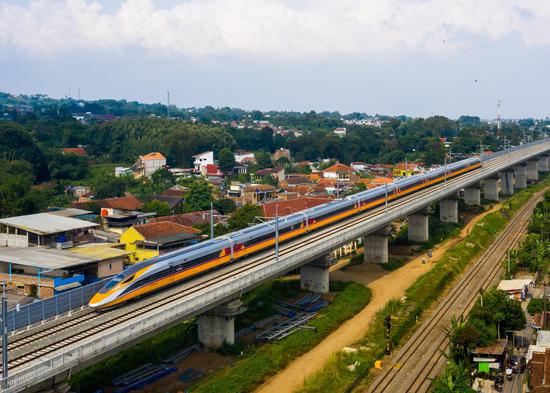
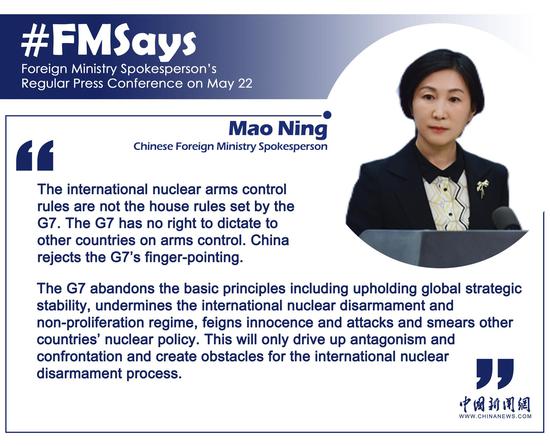

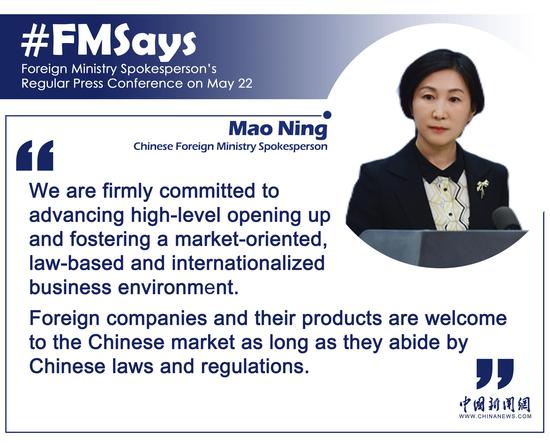

















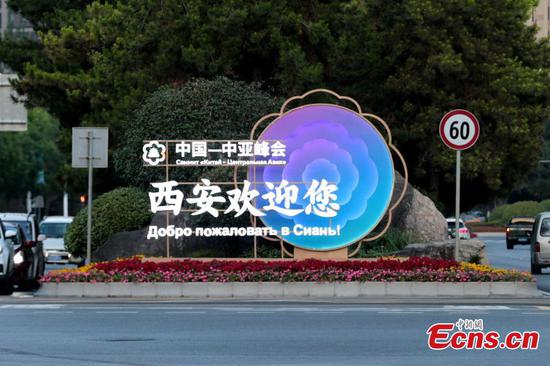




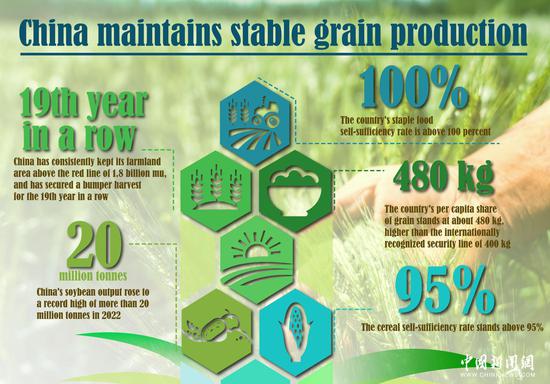





 京公网安备 11010202009201号
京公网安备 11010202009201号